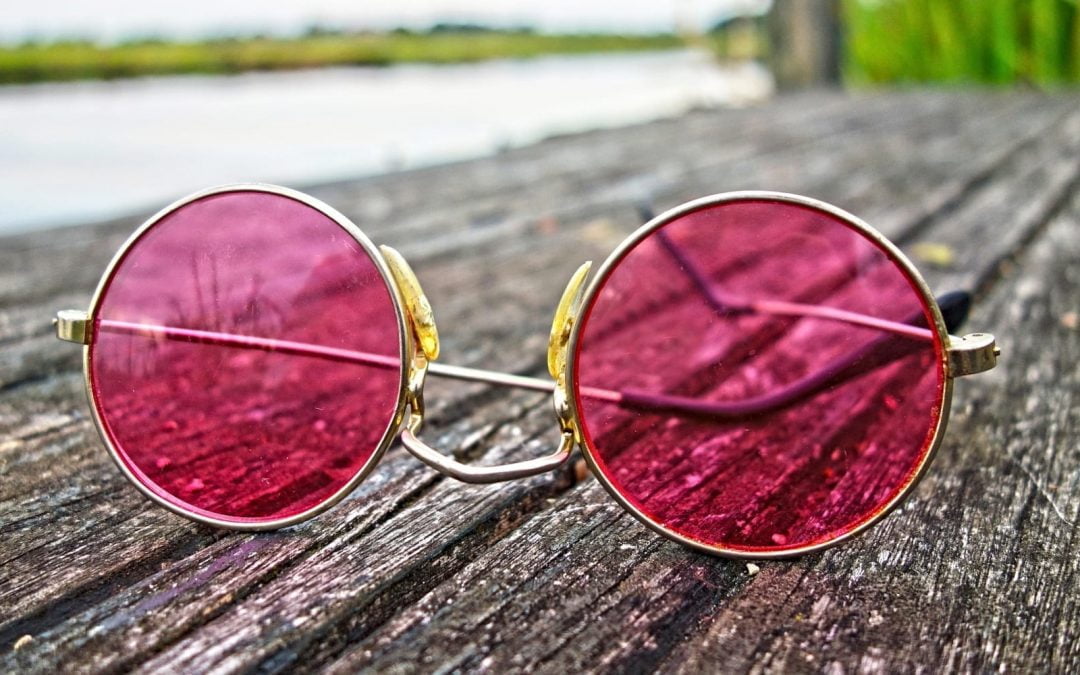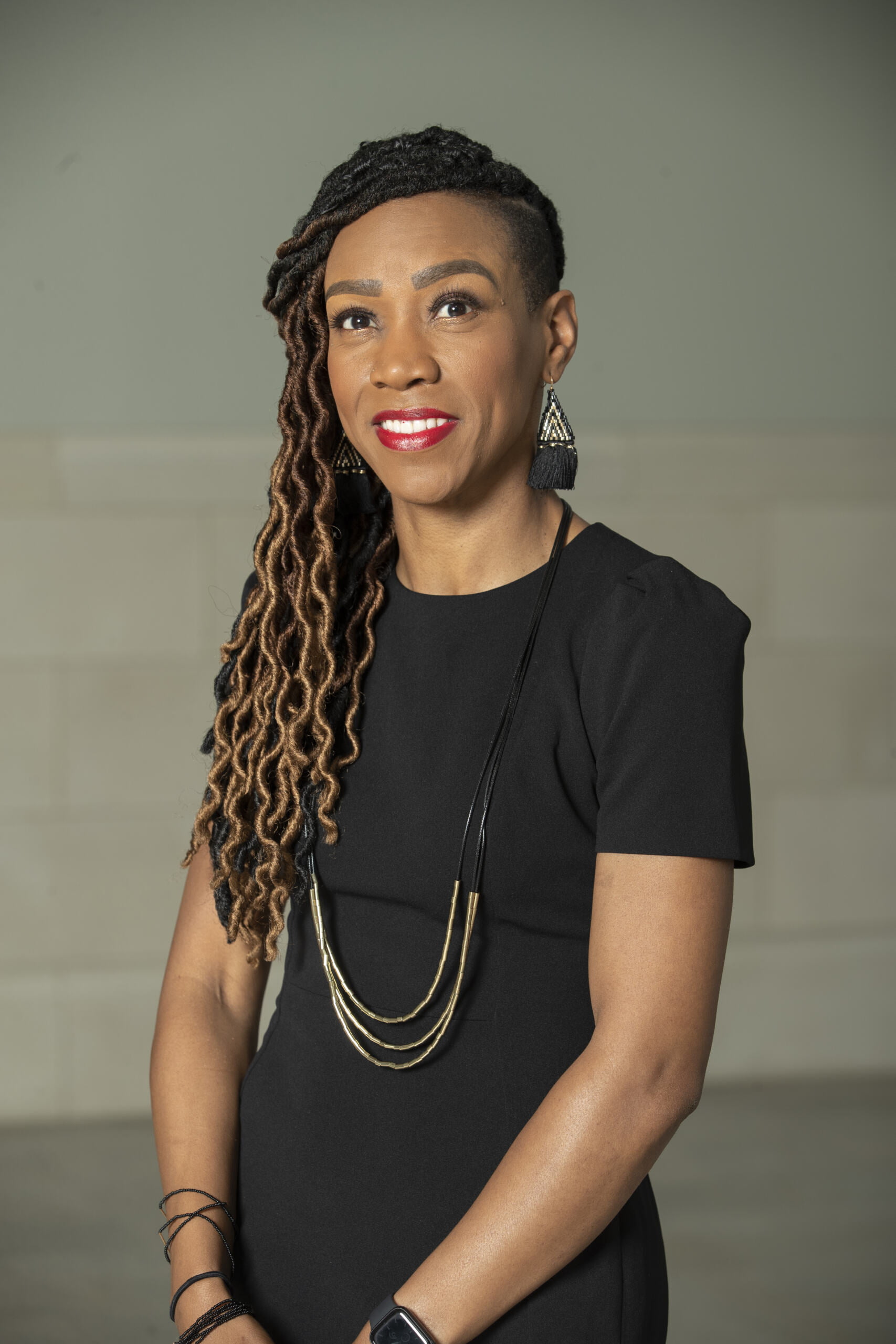Do you see the world through race-colored glasses?
Are you totally dependent on race to survive in the world around you? Can’t leave home without race? Don’t know how you could understand the world without its prejudices and stereotypes?
If this is how you feel, I understand.
I’ve been there. I have the Afro pick, the Kiswahili textbooks, the incense and the resistance poetry for beginners to prove it.
I used to be black – black and proud, black and angry, black and beautiful, black and conscious, a precursor to being “woke.”
It was a cultural immersion or maybe a self-guided cultural exchange program, a total rejection of my Americanness and an intellectual pilgrimage back to Africa.
Blame it on my undergraduate history courses and the required readings for a concentration in African and Afro-American studies.
Before reading the slave narratives, the abolitionists’ witness and the writers of the Harlem Renaissance, I had a Black History Month education of the African experience in America.
I feel like I should be embarrassed to admit this but I’m not. Growing up, we didn’t have many books in our home. There was no local library.
Now, with hundreds of books of my own, I cannot imagine my life without one. Books make a house a home, and I owe countless writers credit for guiding me to a place within myself that I could call the same.
I experienced a kind of conversion after singing the spirituals and the blues, reading Olaudah Equiano’s startling testimony, the incidents in the life of Harriet Jacobs and the harrowing escape of Frederick Douglass and gaining the insights of Booker T. Washington, Anna Julia Cooper, Charles Chestnut, W.E.B. Du Bois, James Weldon Johnson, Paul Lawrence Dunbar, Alain Locke, Marcus Garvey, Claude McKay, Zora Neal Hurston, Nella Larsen, Jean Toomer, Langston Hughes, Countee Cullen, Richard Wright, Robert Hayden, Ralph Ellison, Margaret Walker, Gwendolyn Brooks and, of course, James Baldwin.
I had new eyes and ears. There was a clarity and perspective that made me antsy. I couldn’t get out of America and so I wanted America out of my head.
It started with my hair. It was permed, processed, straightened out. I cut my hair close to the scalp and learned that it curled. I was now 19 years old and couldn’t remember ever seeing my natural hair. It had been corrected before I knew there was a problem.
Standing in front of the mirror, I liked what I saw and wondered who had a problem with my tresses. All this time, I thought that something was wrong with my hair.
Those race-colored glasses were sliding down my nose and to my surprise, I was starting to look over them. I had no desire to push them back into place again.
I began to see race for what it was and, more importantly, for what it was not. I realized nothing was wrong with my eyes either, that I could see just fine without them. And rather than question myself, I began to question race.
Recently, I was reminded of the beginning of my raceless journey after reading Toni Morrison’s “The Origin of Others,” where she writes in parenthesis, “What would we be or do or become as a society if there were no ranking or theory of blackness?”
It is a necessary question for those who claim to be engaged in the work of justice and reconciliation. Do we even know how to answer it? Or have we become so dependent on race that we dare not look at ourselves apart from it?
I’ve been there and if that is where you are, I am circling back to get you. Race does not have a better view of our humanity, and nothing is wrong with your eyes.
Editor’s note: A version of this article first appeared on Thomas’ blog, Raceless Gospel. It is used with permission.
Director of The Raceless Gospel Initiative, an associate editor, host of the Good Faith Media podcast, “The Raceless Gospel” and author of Take Me to the Water: The Raceless Gospel as Baptismal Pedagogy for a Desegregated Church.


